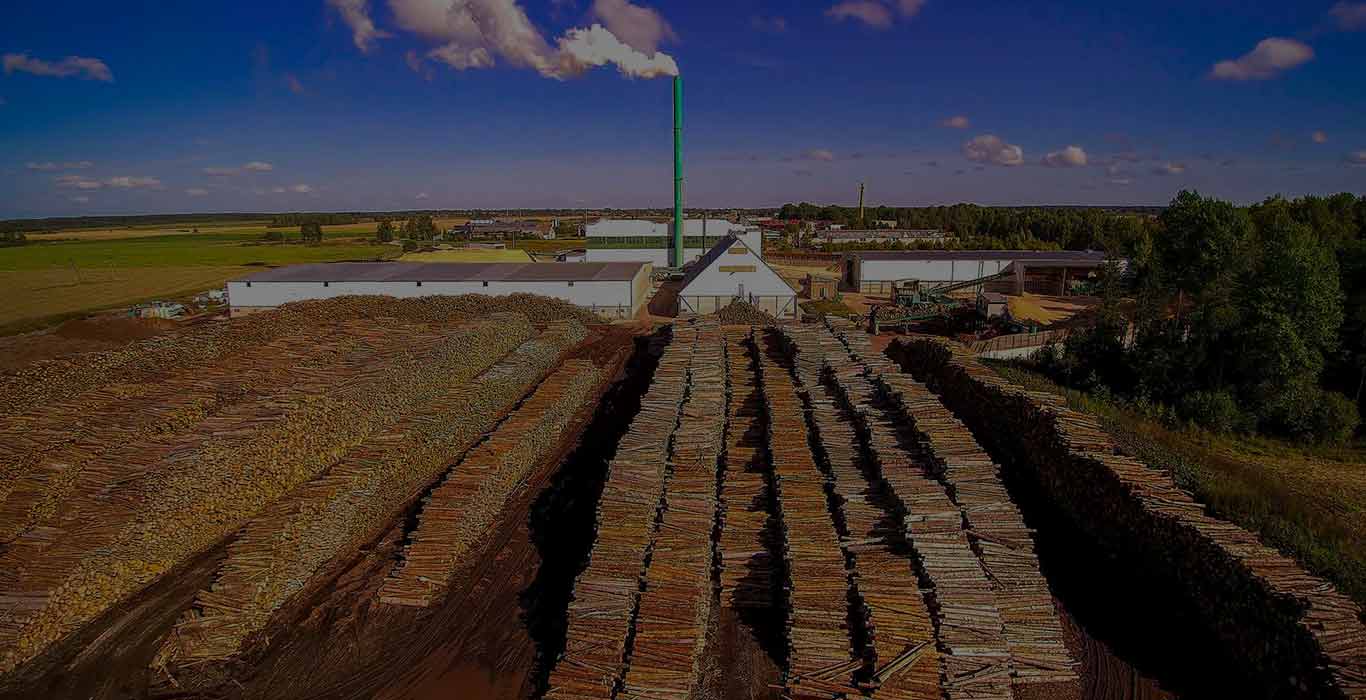Welcome To ChemAnalyst

New Delhi: The government will be taking a decision to raise the Sugar export quota from its current 60 lakh tonnes. This decision will be made after reviewing domestic production and internal demand, as per Food Secretary Sanjeev Chopra. Additionally, the food ministry has already allowed for 60 lakh tonnes of Sugar exports this marketing year (October-September). Last year saw a record-high 110 lakh tonnes of Sugar exported from India.
So far in this marketing year, mills have dispatched a total of 30 lakh tonnes of Sugar for exports, with 18 lakh tonnes already having been shipped. According to the food ministry, the entire quota of 60 lakh tonnes will be exported by May.
When asked about the possibility of increasing the exports quota, Chopra informed reporters that they are open to reassessing it. This decision will be made based on domestic production and internal requirement in the upcoming month or so.
Furthermore, there are varying opinions from different Sugar associations regarding production estimates for this current 2022-23 marketing year. The full picture is projected to become clear by the end of this month or start of next month.
Subodh Singh, Additional Secretary in the food department, stated: "We will have a meeting with cane commissioners of all the Sugar-producing states next month. We will reassess production estimates and then we will decide how much Sugar can be reasonably exported."
Subodh Singh affirmed that the production would not be lower than 340-345 lakh tonnes. "So we will have the potential of some additional quantity of exports," Singh said.
The Indian Sugar Mills Association (ISMA) reported earlier in the week that Sugar mills have contracted to export 55 lakh tonnes of sweetener up until the current marketing year's end in September.
As of January 15th, 2023, Sugar production in the current marketing year amounted to 156.8 lakh tonnes as opposed to 150.8 lakh tonnes for the same time in the previous years. In response to raising the minimum selling price of Sugar to Rs 31 per kg, food secretary declared that mills are benefitting from multiple streams including sweetener and ethanol sales.
Chopping stated that the government has set a goal of reaching 12% ethanol blending into petrol, expecting to meet their target of 20% by 2025. He expressed his confidence that the aim could be achieved through sourcing ethanol from various sources such as Sugarcane and grain.
Over 1,000 crore litres of ethanol will be required to reach 20% blending of ethanol with petrol. He stated that around 50% of the amount could be sourced from Sugarcane. The government is committed to upping maize production to increase ethanol production accordingly.
The ministry stated that the government's timely intervention during the last five years has been of paramount importance in bringing the Sugar sector back to its feet, starting with taking them away from financial distress in 2018-19, to achieving self-sufficiency in 2021-22.
For the 2021-22 marketing year, Sugar mills procured and paid for over Rs 1.18 lakh crore worth of Sugarcane without any need for subsidy or financial assistance.
It has been revealed that cane dues for the 2021-22 Sugar season are less than Rs 2,300 crore, indicating that 98% of dues have been paid.
The central government has taken a long-term approach in helping the Sugar sector reach self-sufficiency. It has encouraged Sugar mills to convert their surplus Sugar into ethanol and export it, providing farmers with timely payment of cane dues and allowing mills better financial conditions to continue operations.
We use cookies to deliver the best possible experience on our website. To learn more, visit our Privacy Policy. By continuing to use this site or by closing this box, you consent to our use of cookies. More info.
